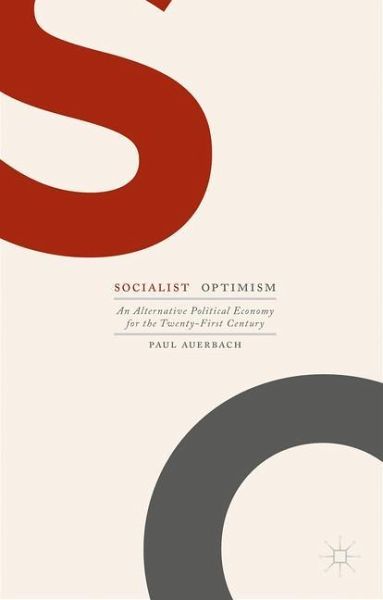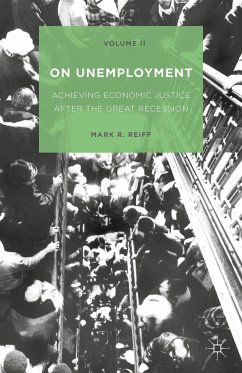
Socialist Optimism
An Alternative Political Economy for the Twenty-First Century
Versandkostenfrei!
Versandfertig in 6-10 Tagen
75,99 €
inkl. MwSt.
Weitere Ausgaben:

PAYBACK Punkte
38 °P sammeln!
Socialist Optimism offers an alternative political economy for the twenty-first century - a rigorous, detailed blueprint focused upon the education and upbringing of children in the context of social equality and household security. It gives a unity and direction to progressive policies that are otherwise seen to be a form of pragmatic tinkering.












